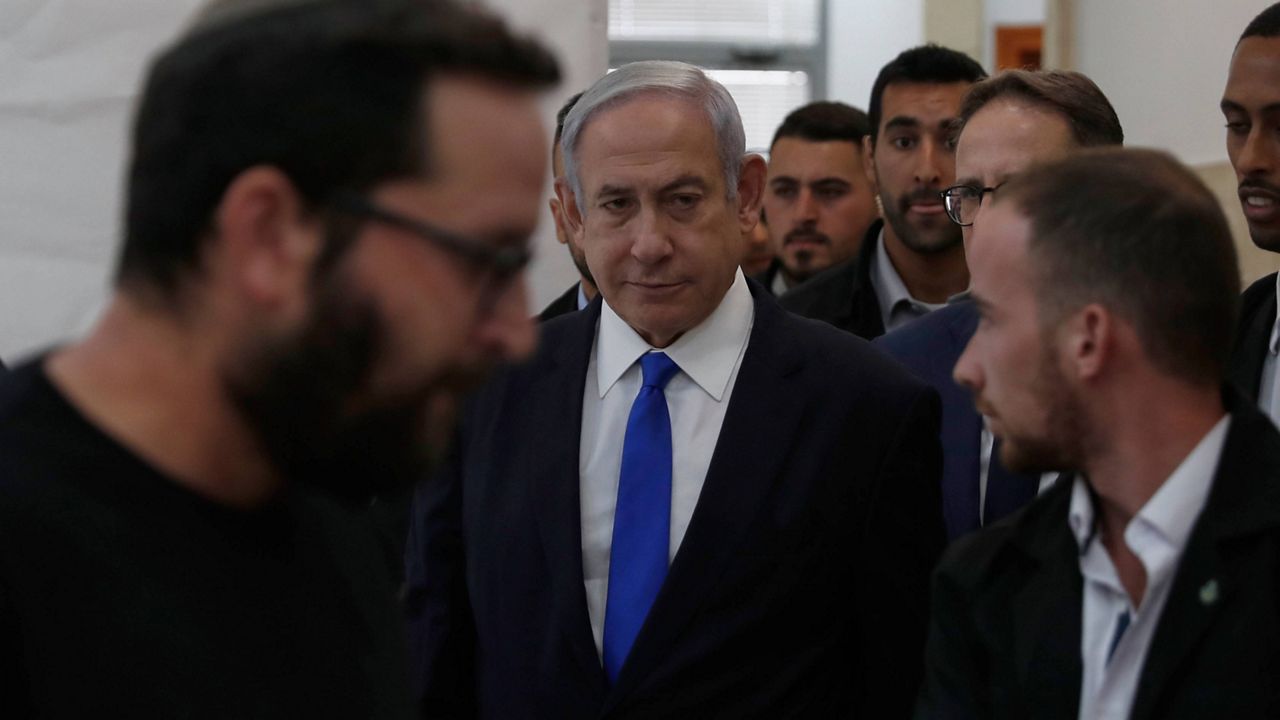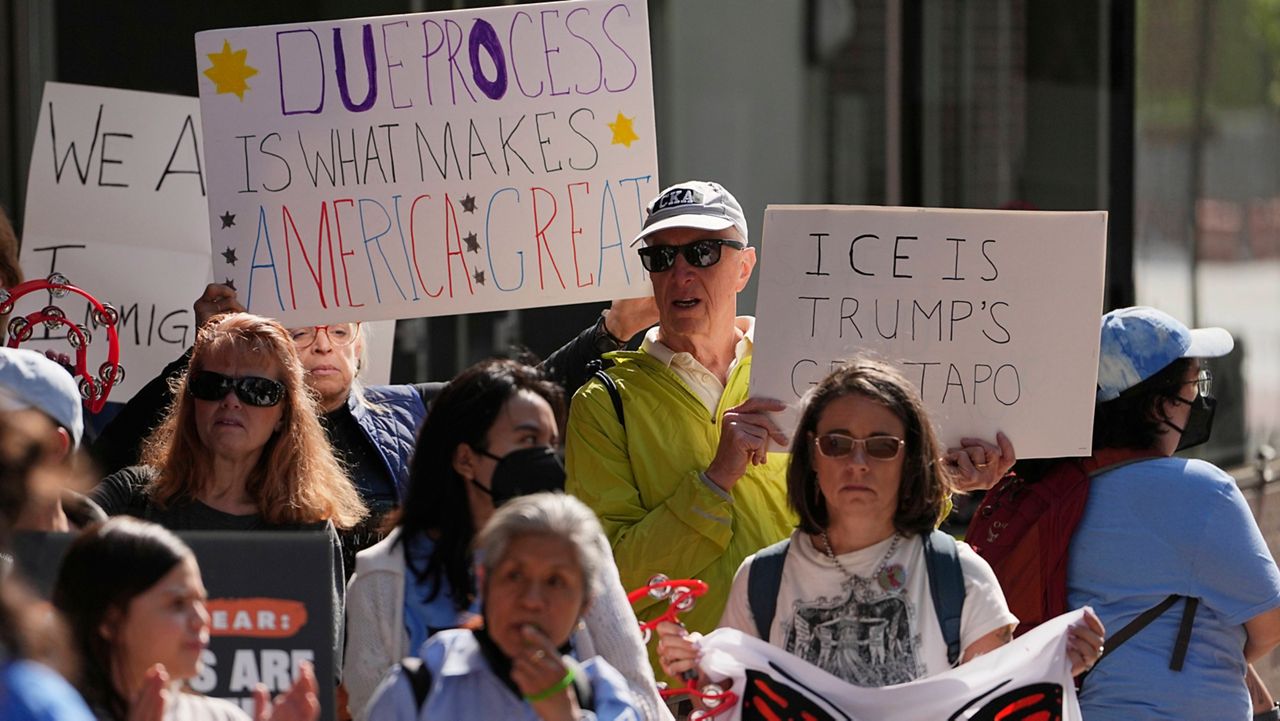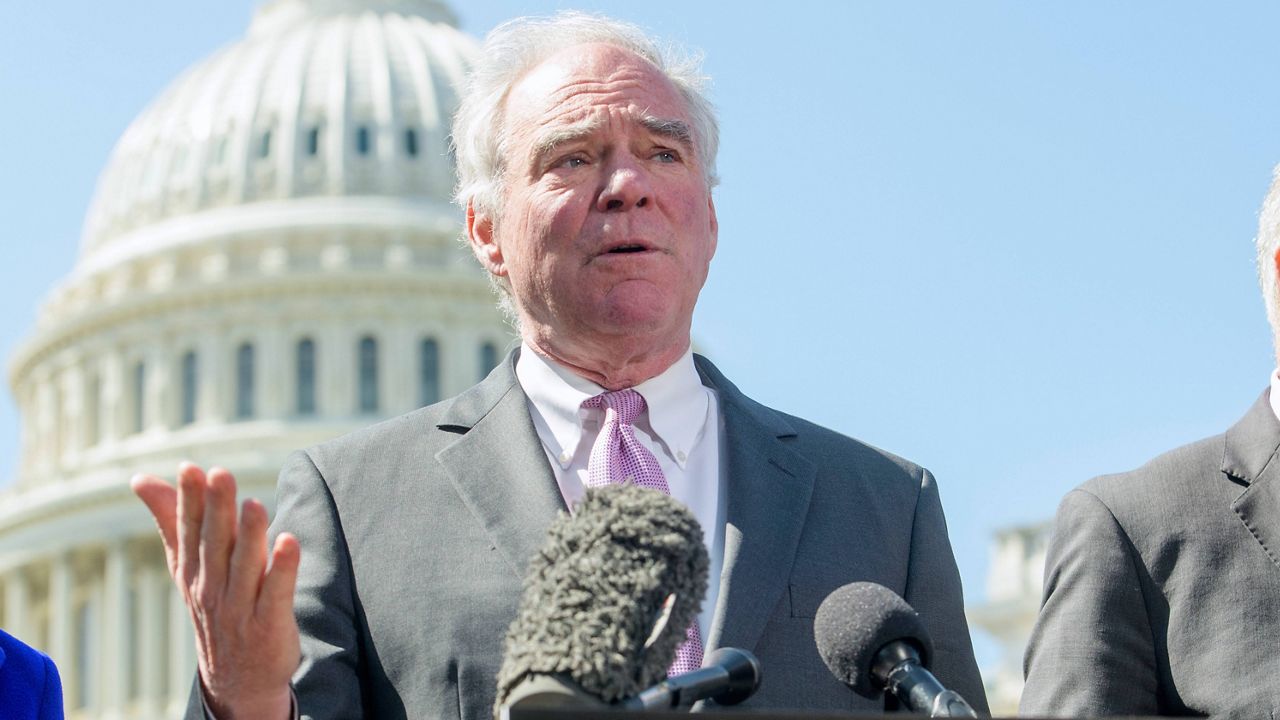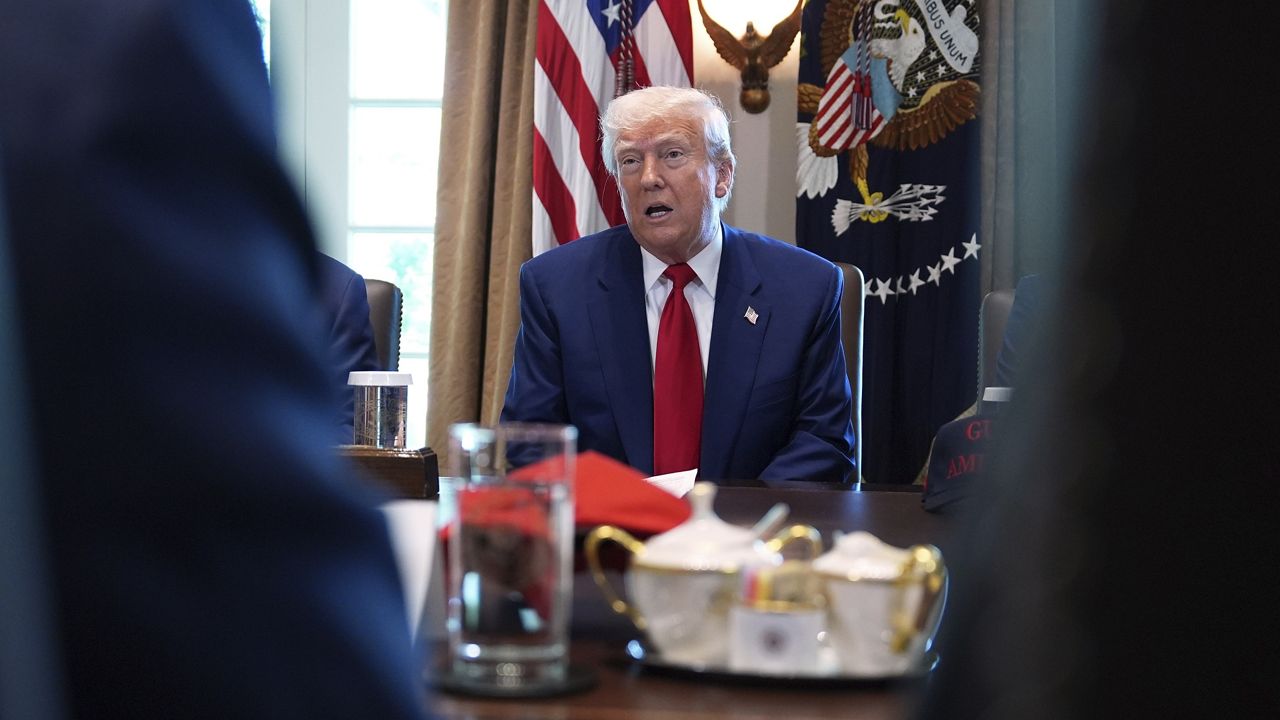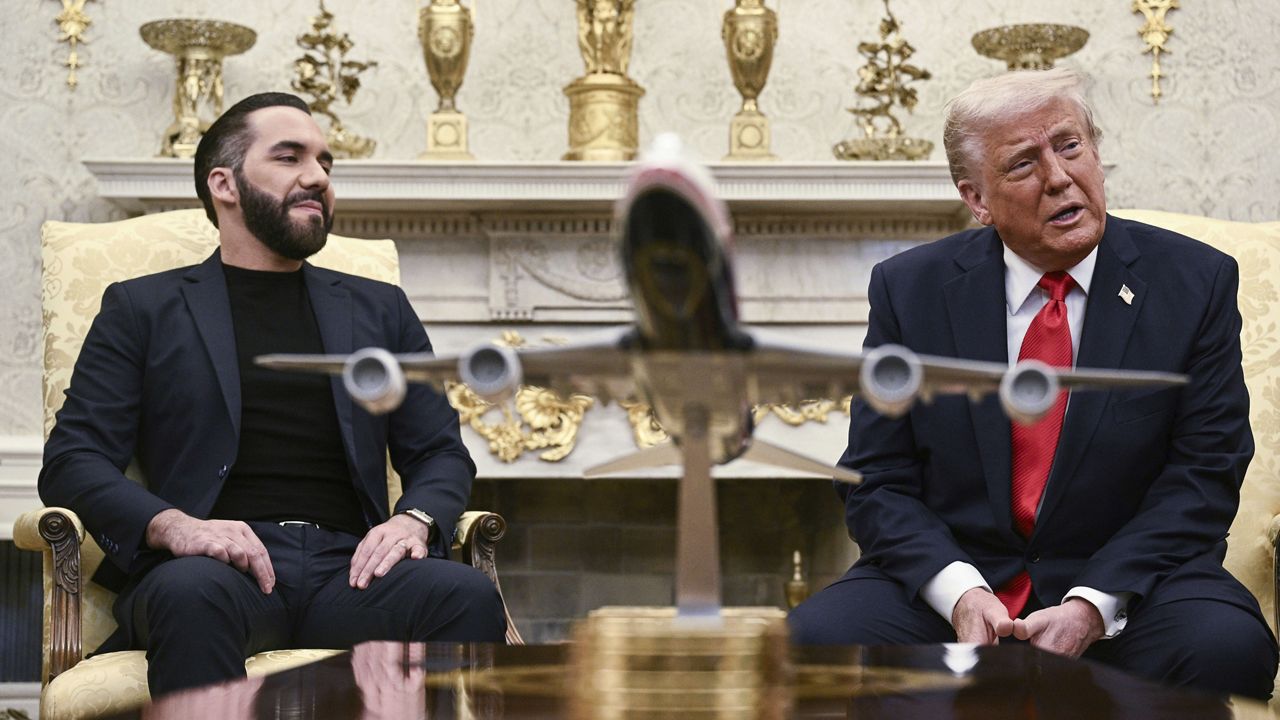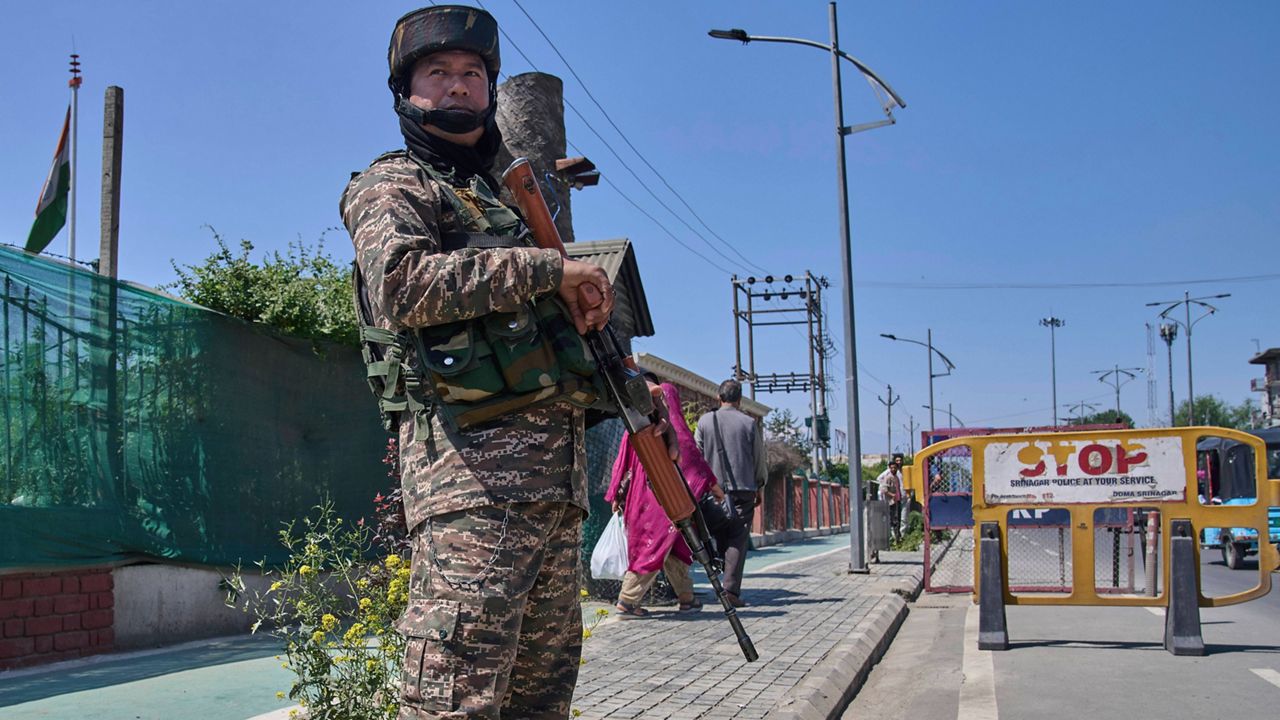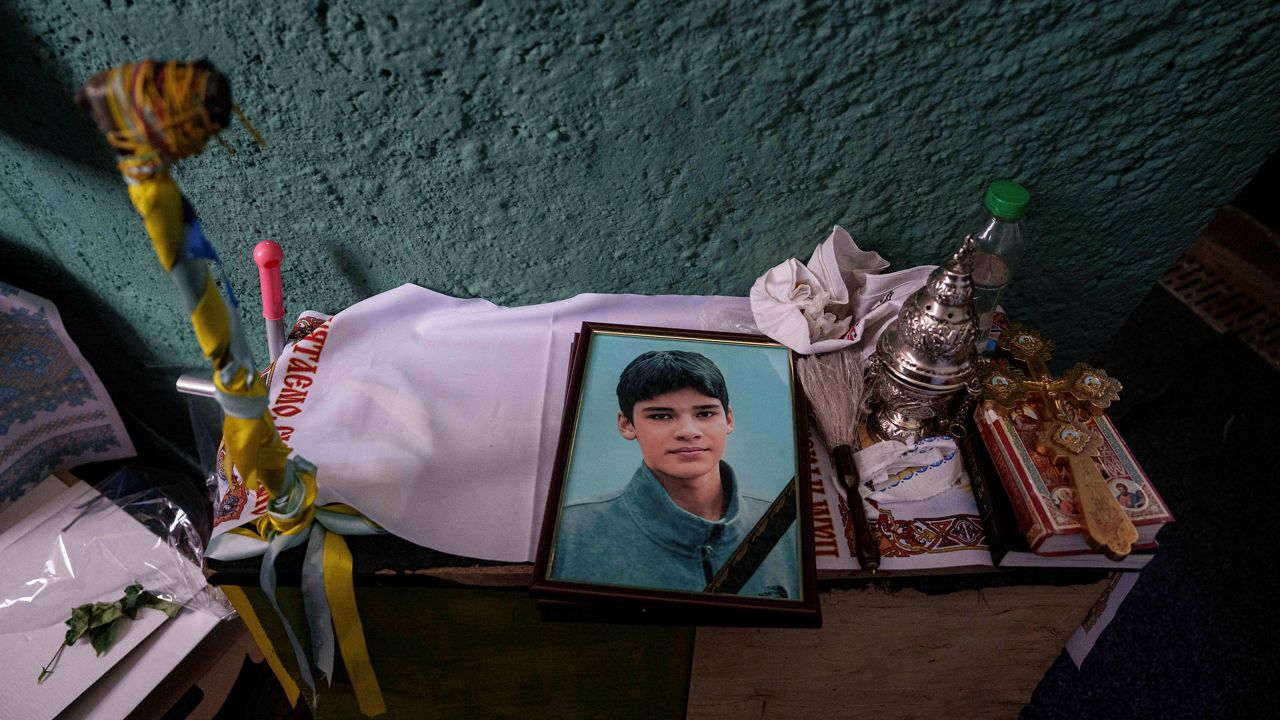JERUSALEM — Israeli Prime Minister Benjamin Netanyahu is set to take to the witness stand Tuesday for the first time in his trial on corruption allegations, a pivotal point in the drawn-out proceedings that comes as the leader wages war in Gaza and faces an international arrest warrant for war crimes charges.
What You Need To Know
- Israeli Prime Minister Benjamin Netanyahu is set to testify for the first time in a trial against him on corruption allegations
- His testimony is expected to start Tuesday and last weeks, as Israel fights its war in Gaza
- The Israeli leader faces charges of fraud, breach of trust and accepting bribes in three separate affairs
- Prosecutors say Netanyahu exchanged regulatory favors with media titans for favorable press coverage
At home, Netanyahu is on trial for accusations of fraud, breach of trust and accepting bribes in three separate affairs. Netanyahu denies wrongdoing, but his appearance on the witness stand will be a low point in his decades-long political career, standing in contrast to the image of a sophisticated, respected leader he has tried to cultivate.
The trial will take up a chunk of Netanyahu's time at a crucial point for Israel. While he makes his case for weeks from the stand, he will still be tasked with managing the war in Gaza, maintaining a fragile ceasefire with the Lebanese militant group Hezbollah and keeping tabs on threats from the wider Middle East, including Iran.
It will be the first time an Israeli prime minister has taken the stand as a criminal defendant, and Netanyahu has repeatedly sought to delay the proceedings, citing the ongoing Gaza war and security concerns. The judges ordered the trial to resume Tuesday, moving the proceedings to an underground chamber in a Tel Aviv court as a security precaution.
Netanyahu's appearance in the courtroom will also draw attention to other legal issues in the Israeli leader's orbit. Close advisers in his office are embroiled in a separate series of scandals surrounding leaked classified information and doctored documents. While Netanyahu is not suspected of direct involvement in those, they could weaken his public image.
The trial, which began in 2020, involves three separate cases in which prosecutors say Netanyahu exchanged regulatory favors with media titans for favorable press coverage and advanced the personal interests of a billionaire Hollywood producer in exchange for lavish gifts.
Prosecutors have called roughly 140 witnesses to the stand — fewer than the 300 initially expected to testify.
Those witnesses have included some of Netanyahu's closest former confidants who turned against him, as well as a former prime minister, former security chiefs and media personalities. Lawyers have submitted thousands of items of evidence -- recordings, police documents, text messages.
A new documentary, "The Bibi Files," has shined new light on the cases by obtaining footage of Netanyahu being questioned by police, as well as interrogations of his wife and some key witnesses. In a glimpse of what can be expected in the courtroom, Netanyahu appears both combative and anxious at times, accusing police of unfairly picking on him and denigrating other witnesses as liars.
The prosecution called to the stand its final witness over the summer, bringing to an end three years of testimony and setting the stage for the defense to lay out its case, with Netanyahu its first witness. Netanyahu's appearance will give Israelis a chance to see the long-serving Israeli leader answer to the charges before the three-judge panel.




